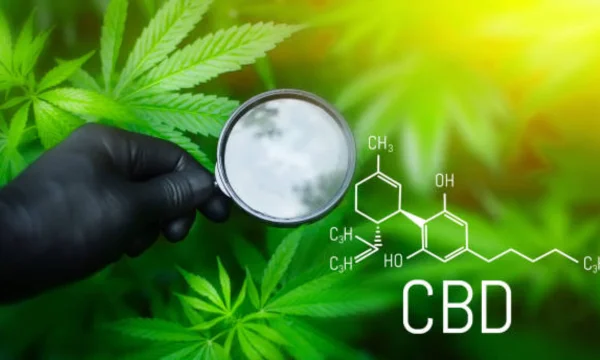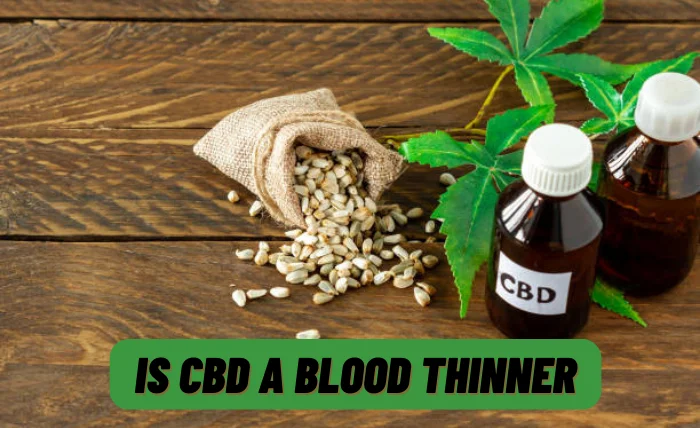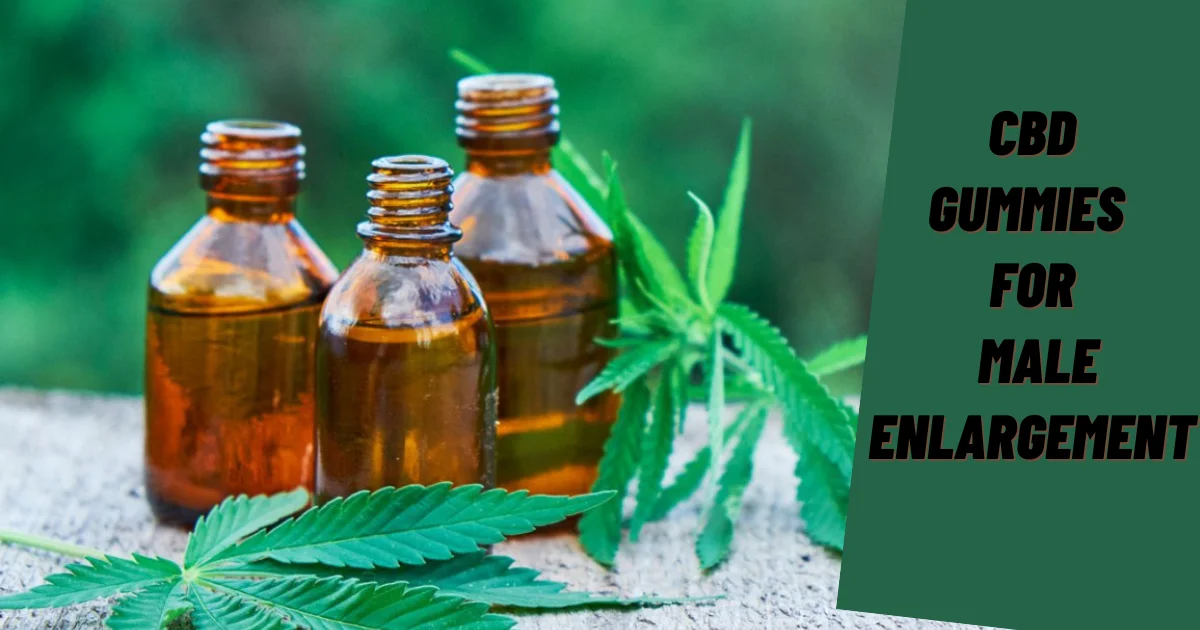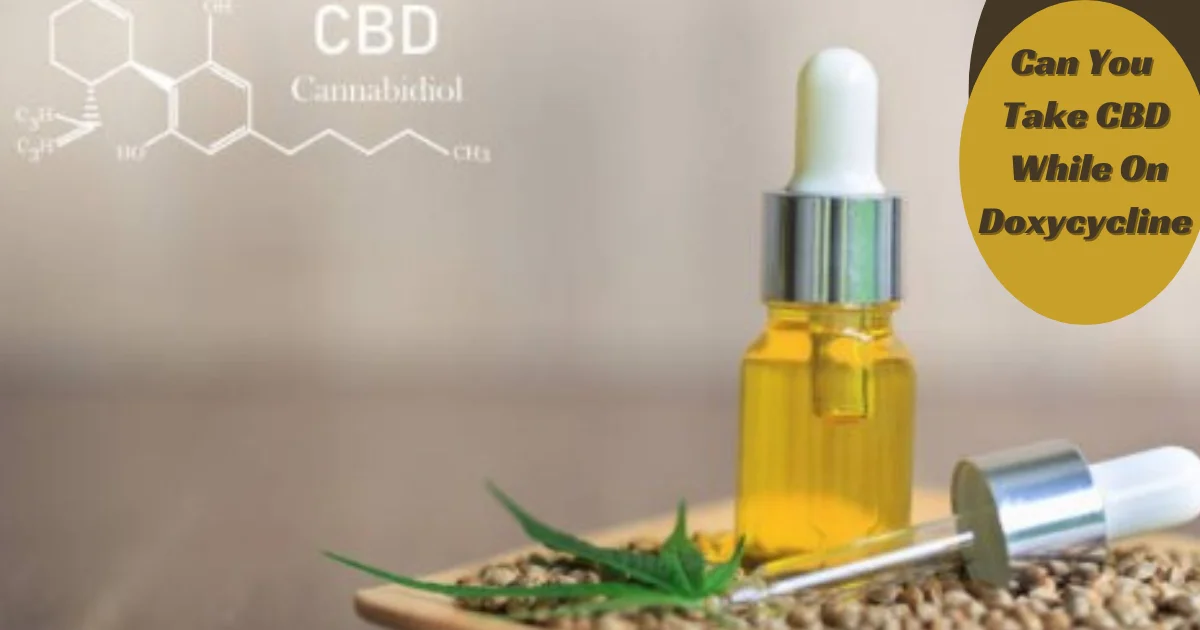As we dive into the heart of wellness trends, one question pulses stronger: Is CBD oil a blood thinner? With CBD’s skyrocketing popularity for its health benefits, understanding its impact on our circulatory system becomes crucial. This exploration isn’t just for the curious it’s for anyone invested in their health, seeking clarity amidst the sea of information. Forget the fluff; we’re cutting straight to the chase, offering insights grounded in research, simplified for your ease.
Whether you’re a CBD enthusiast or a cautious observer, this piece promises to shed light on CBD’s intricate dance with our blood’s flow. Let’s unravel the mystery together, ensuring your wellness journey is both informed and safe.
Is CBD a Blood Thinner? An Overviews

CBD, or cannabidiol, has gained attention for its health benefits. People ask if CBD can thin the blood. This article explores CBD and how it interacts with the body.
What is CBD?
CBD stands for cannabidiol. It is a compound found in cannabis plants. Unlike THC, CBD does not make you high. People extract CBD from hemp, a type of cannabis plant with low THC levels.
Definition and Extraction Sources
CBD comes from cannabis plants. Hemp, rich in CBD but low in THC, is the main source. People extract CBD oil from hemp through various methods, ensuring purity and quality.
Distinction between CBD and THC
CBD and THC are different. THC causes a high, but CBD does not. This difference is due to their effects on the brain. CBD offers benefits without the psychoactive effects of THC.
How CBD Works in the Body
CBD interacts with the body’s endocannabinoid system (ECS). This system helps maintain balance. CBD influences ECS receptors, affecting mood, pain, and sleep without intoxication.
Overview of the Endocannabinoid System
The endocannabinoid system (ECS) is crucial for balance. It has receptors throughout the body. The ECS regulates functions like mood, pain, and sleep, ensuring the body operates smoothly.
CBD’s Interaction with the Body’s Systems
CBD interacts with the ECS by binding to its receptors. This interaction can influence pain, inflammation, and stress responses. CBD does not bind directly like THC, leading to its non-psychoactive effects.
Blood Thinners and CBD’s Role
Many wonder if CBD acts as a blood thinner. Let’s explore blood thinners before discussing CBD’s impact.
Blood Thinners Explained
Blood thinners prevent blood clots. They don’t “thin” blood but stop clots from forming or growing. This action helps prevent stroke, heart attack, and other serious conditions. Blood thinners are vital for those at risk of clot-related issues.
Definition and Purpose of Blood Thinners
Blood thinners manage clotting in the bloodstream. They ensure blood flows smoothly through veins and arteries. These medications are crucial for those with conditions that increase clot risks. They help protect against strokes and heart attacks.
Types of Blood Thinners: Anticoagulants vs. Antiplatelets
Blood thinners fall into two main categories: anticoagulants and antiplatelets. Anticoagulants, like warfarin, slow the body’s process of making clots. Antiplatelets, such as aspirin, prevent platelets from clumping together to form clots. Each type works differently to prevent clotting.
Common Uses of Blood Thinners in Medicine
Doctors prescribe blood thinners for various conditions. These include atrial fibrillation, deep vein thrombosis, and after certain surgeries. Blood thinners can prevent stroke in people with heart disease. They are essential in managing health and preventing serious complications.
CBD and Blood Thinning: A Closer Look
The question of whether CBD acts as a blood thinner sparks curiosity. Let’s delve into what current research tells us about CBD’s effects on blood coagulation and its potential interactions with traditional blood thinners.
Examination of the Question: Does CBD Act as a Blood Thinner?
CBD, or cannabidiol, is a compound found in cannabis plants. People often ask if it can thin the blood. While CBD is known for its therapeutic benefits, its role in blood coagulation requires careful examination.
Summary of Current Research and Findings
Current research on CBD and blood thinning is limited. Some studies suggest CBD may affect blood clotting. However, these findings are not conclusive. More research is needed to understand CBD’s impact on blood coagulation fully.
CBD’s Effects on Blood Coagulation and Circulation
CBD may influence blood coagulation and circulation. It interacts with the endocannabinoid system, which plays a part in maintaining bodily functions. CBD’s potential to affect blood flow and clot formation is under investigation.
Potential Interactions between CBD and Conventional Blood Thinners
CBD could interact with conventional blood thinners. It may enhance the effects of medications like warfarin. This interaction could increase the risk of bleeding. Patients using blood thinners should consult their doctors before using CBD.
Risks and Considerations
Using CBD alongside blood thinners carries risks. It’s important to consider the potential for increased bleeding. Consulting healthcare providers before combining CBD with blood thinners is crucial for safety.
What the Studies Say
Studies on CBD and blood thinning are ongoing. Early research shows potential effects on blood coagulation. Yet, definitive conclusions require further study. Researchers continue to explore how CBD interacts with the body’s coagulation processes.
Exploring CBD Benefits and Risks
CBD, or cannabidiol, is a topic of interest for its health benefits and potential risks. This overview helps understand what CBD offers and what to watch out for.
Potential Health Benefits of CBD
CBD is known for its health benefits. People use it for pain relief, to reduce anxiety, and to improve sleep. It interacts with the body’s endocannabinoid system, helping to regulate mood, pain, and sleep cycles. These benefits make CBD popular for those seeking natural relief.
Pain Relief, Anxiety Reduction, and Other Cited Benefits
CBD’s effects on pain and anxiety are well-documented. Users report relief from chronic pain, reduced anxiety levels, and improved sleep. Some studies support these claims, suggesting CBD can help manage pain and anxiety without the high of THC.
Risks and Side Effects of CBD
While CBD is generally safe, it comes with potential risks and side effects. These include dry mouth, fatigue, and changes in appetite. CBD can also interact with other medications, leading to additional side effects. It’s important to use CBD cautiously and under guidance.
Overview of Known Side Effects
Common side effects of CBD include tiredness, diarrhea, and changes in weight. For most, these side effects are mild. However, they highlight the importance of monitoring how CBD affects you individually.
Discussion on the Lack of Regulation and Quality Control in the CBD Market
The CBD market lacks strict regulation and quality control. This situation means products can vary in purity and potency. Consumers must research brands and products to ensure safety and effectiveness. The absence of regulation raises concerns about the reliability of CBD products.
CBD Use with Blood Thinners
For those on blood thinners, considering CBD requires caution. This guide outlines precautions, the importance of medical advice, and how to monitor for interactions.
Precautions and Advice for Individuals on Blood Thinners Considering CBD
If you use blood thinners, approach CBD with care. Start with low doses and watch for any changes in your health. Avoid high doses of CBD, as they may increase the risk of bleeding. Always read labels to understand the CBD content in products.
Importance of Consulting Healthcare Providers
Before trying CBD, talk to your healthcare provider. They can offer personalized advice based on your health history and medications. Your doctor can help you weigh the benefits against potential risks. This step is crucial for safe CBD use.
Monitoring and Managing Potential Interactions
After starting CBD, monitor your health closely. Look for signs of increased bleeding or bruising. If you notice any changes, contact your healthcare provider immediately. Regular check-ups can help manage potential interactions between CBD and blood thinners.
The Future of CBD Research: What Lies Ahead
The conversation about CBD and its potential as a blood thinner is evolving. This section looks into the current research gaps, ongoing studies, and the need for more evidence.
Current Gaps in Research on CBD and Blood Thinning
Research on CBD and its effect on blood thinning is in its early stages. Many studies so far are small-scale or animal-based. The specific impact of CBD on blood coagulation and its interaction with blood thinners remains unclear. This uncertainty calls for more detailed human studies.
Ongoing and Upcoming Studies on CBD’s Effects on the Body
Scientists are now conducting more focused research on CBD. They aim to understand how it interacts with the body, including its effects on blood coagulation. These studies will explore CBD’s potential benefits and risks more thoroughly. The results are eagerly awaited by both the medical community and the public.
The Importance of Further Research for Conclusive Evidence
More research is vital for conclusive evidence about CBD as a blood thinner. Comprehensive studies will help clarify CBD’s effects and safe usage guidelines. This knowledge is essential for healthcare providers and individuals considering CBD for health purposes.
Conclusion
The exploration into whether CBD acts as a blood thinner highlights the need for comprehensive research and informed discussions. As CBD continues to gain popularity for its health benefits, understanding its impact on blood coagulation and interactions with traditional blood thinners becomes essential.
Current evidence suggests a cautious approach, emphasizing consultation with healthcare providers. The question, Is CBD a blood thinner? remains open, awaiting conclusive findings from ongoing and future studies.






